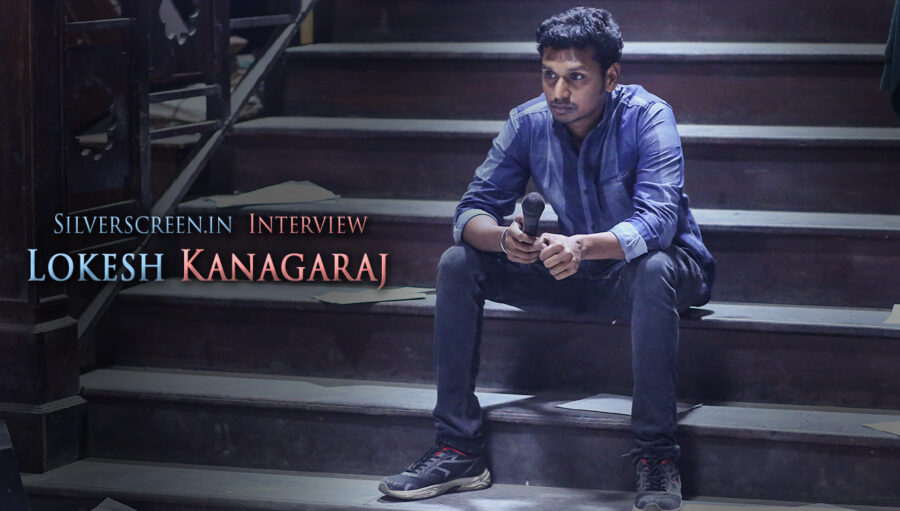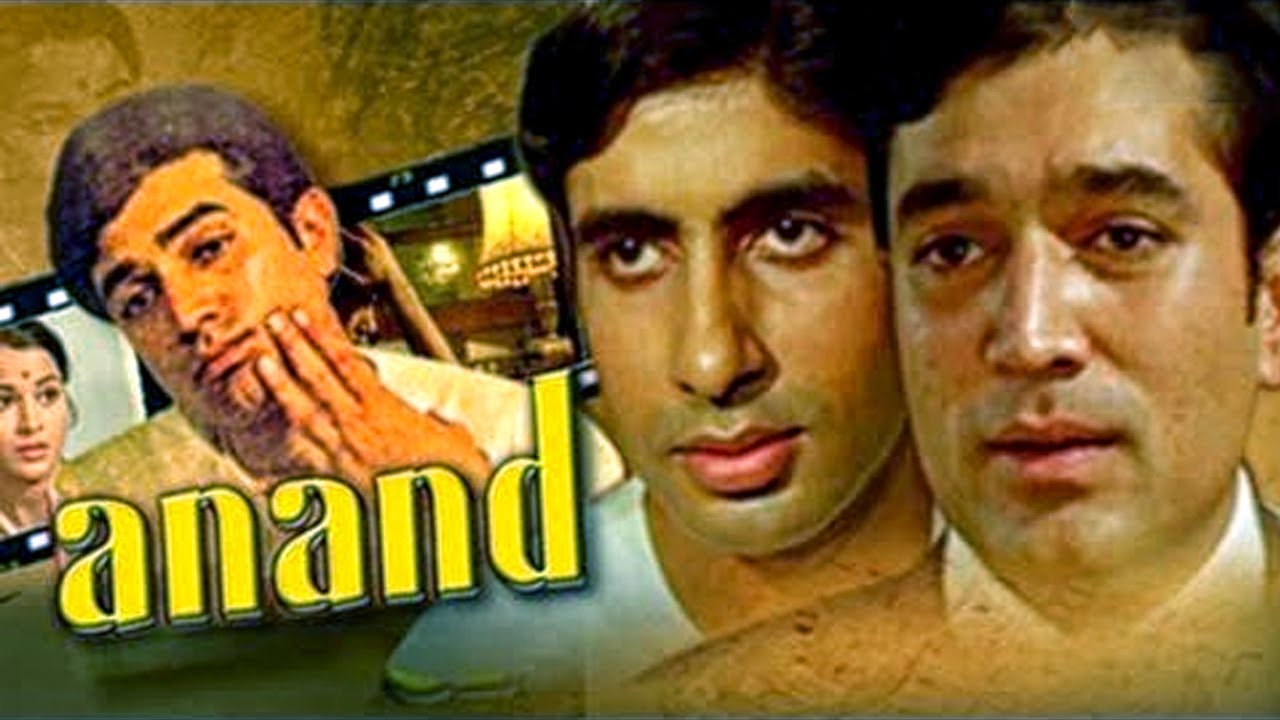Growing up in Kinathukadavu, off the Coimbatore-Pollachi highway, a place once famed for its guava orchards and fresh fruit sold in pushcarts, Lokesh Kanagaraj led a childhood devoid of pressure, with parents who supported any decision he took. But, he never knew he could tell stories, or make films. He followed a path countless others had taken, and it was only in his mid-20s that realisation struck him that he could try his luck in the movies. “If I’d known earlier, I would have taken the traditional path, been an Assistant Director… waited for my chance,” he says. This was also the time when his mind travelled back to school, Vivek Vidyalaya, and his classmates in class 9 and 10. Whenever he took a day off from school, they’d call on the landline at home, insisting he tell them a story. Apparently, school was boring without his storytelling sessions.
“At that phase in life, everything seemed boring, but I was certain about one thing: my responsibility was to keep people from getting bored,” laughs Lokesh, who is busy with the final mix of Kaithi, his sophomore feature that releases for Deepavali.
Cut to now, and actors and stars speak of how well Lokesh, 33, narrates a script and has the ability to transfer it from paper to screen. But, even now, the same set of four-five friends gets a narration first in the style they are used to; after all, they were Lokesh’s first audience!
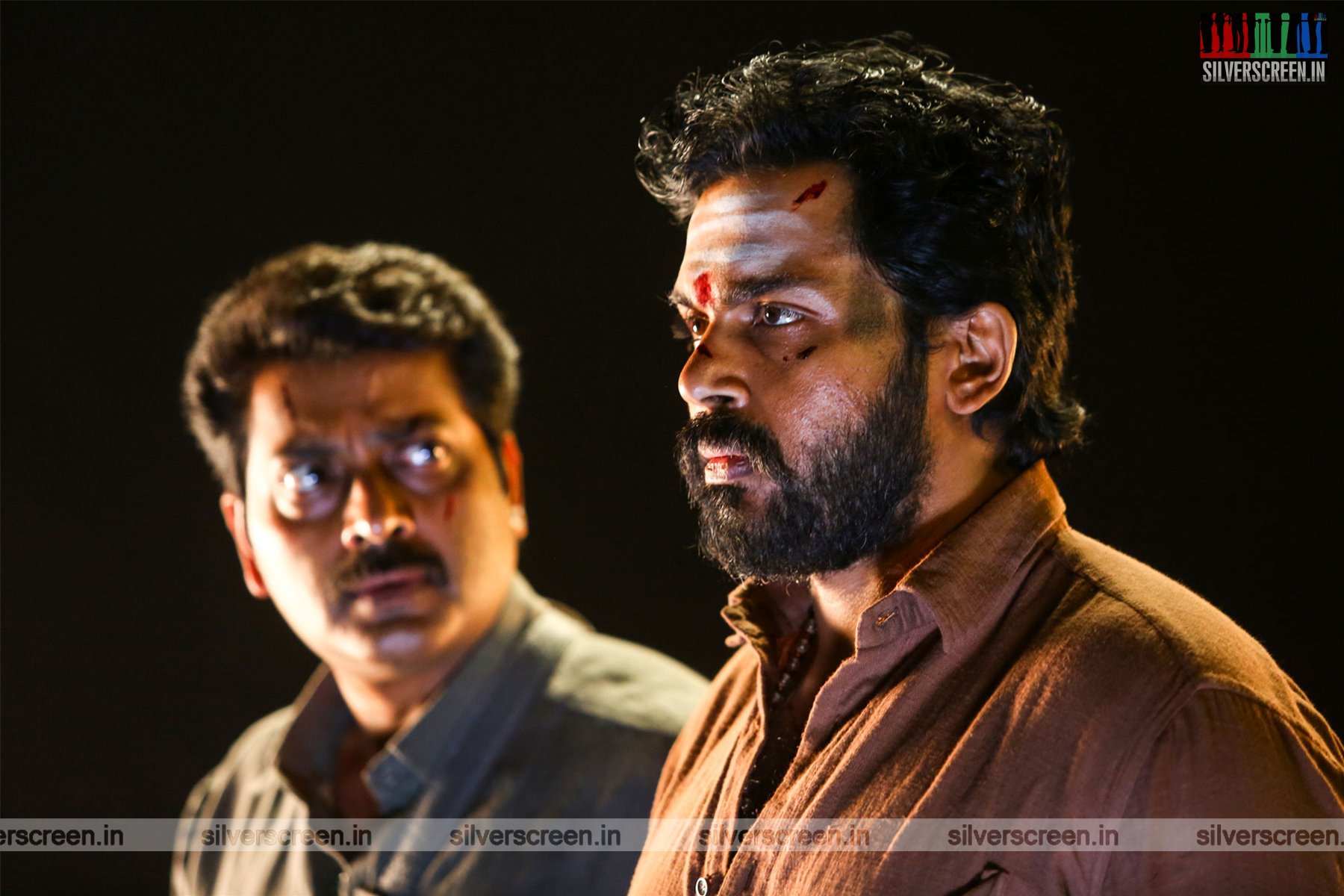
It was when he was doing short films {one of them was part of the Karthik Subbaraj-curated anthology Aviyal} that Lokesh figured that he narrates well. When his debut Maanagaram happened — Lokesh was 28 when the project began in 2015 — the director knew that he had to write well for it was a project full of newcomers or those striving to make a mark.
“If I am not happy with the first three-four pages how will I have the confidence to continue?” he asks. Even as a director, he developed a story-listeners pool — technicians, his assistants, the entire team, more like. “If they are excited about it, then I start writing. Till then, it’s all about talking, listening, discussing… Actually, if you look at it, it is in these discussions that a script that’s on paper gets fleshed out for the big screen. You give people a graph, link them somewhere, help them add depth to your plot… If Maanagaram was a one-page story, Kaithi is a two-line story. Only the characters and the bonds they forge help me make it a feature.”
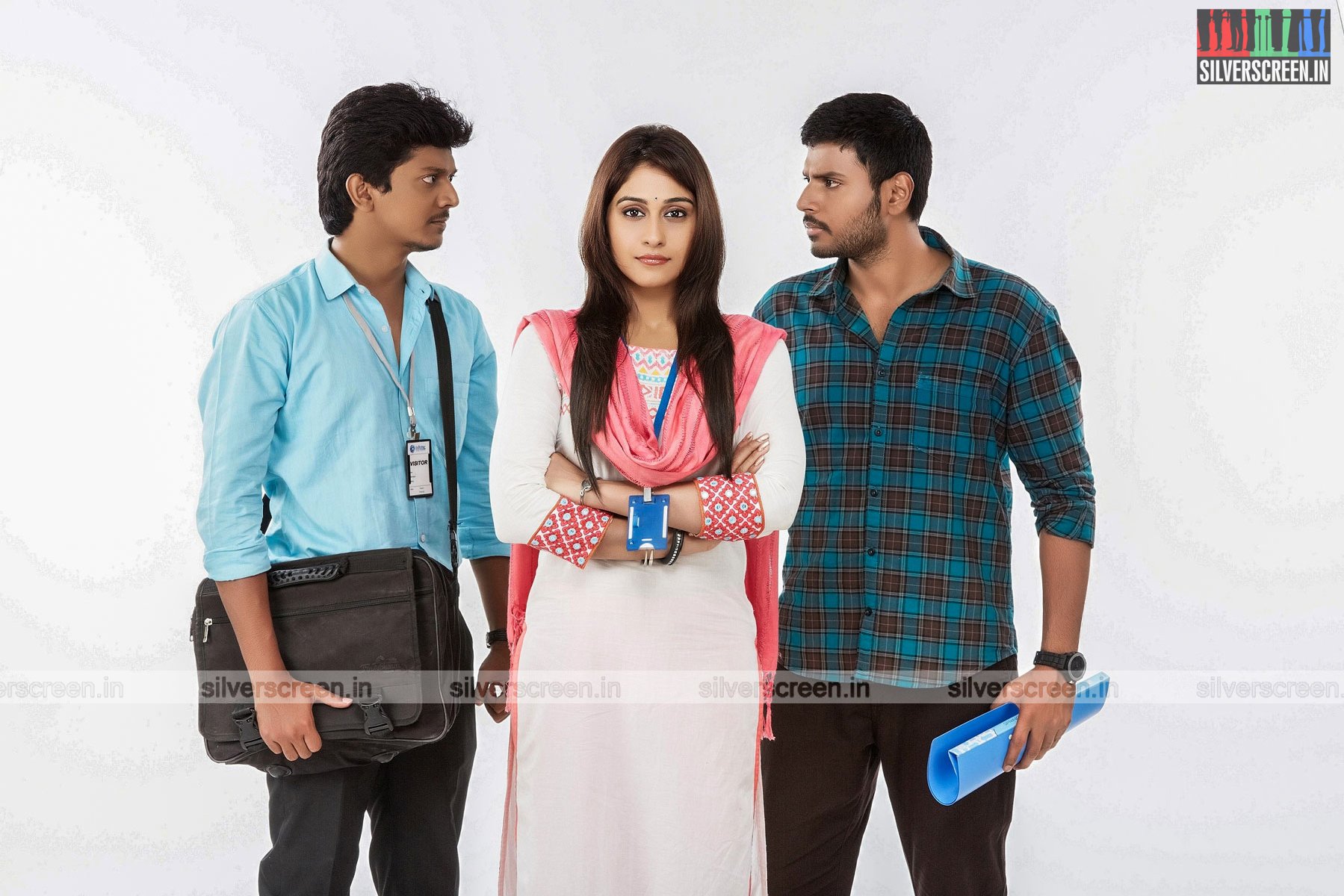
Lokesh sets great store by teamwork, and one of the reasons that is a tad easy for him is because he’s surrounded by professionals who are also friends. “Work must happen, but it should never become a chore. Yes, I’m responsible for the producer’s money, but I should spend it prudently, without hurting people. If the sets were run like a factory, it would become a regular 9-6 job. What I strive for is a lot of prepping before a scene, and a certain discipline on the sets, so that the actors are in a zone they perform best in. You can write and direct all you want, but if the actors are not able to translate it on-screen without missing a single beat of the excitement, it won’t work. The actors showcase your hard work on the big screen, they take it to the audience. This is why the set must be a quiet place where they feel comfortable,” says Lokesh. This is something Karthi, his Kaithi lead actor, has spoken about too about the work culture on the sets.
Lokesh might have boarded the super-fast shuttle to stardom with two back-to-back films with stars — Karthi and the next Vijay film — but he’s convinced this is one trait he won’t ever shrug off. In fact, though SR Prabhu, who produced Maanagaram booked him for his next film too, Lokesh took a good two-and-a-half years to come up with Kaithi. “The delay was entirely from my side. I wrote a script but felt it won’t work unless made on a large scale. So, I told Prabhu Sir that we could register it, but I’ll write another one. Another script fell by the wayside. And so, even though my financial condition was bad, I did not succumb to the temptation of doing something just to avoid a gap between movies. Luckily, my family and friends, especially my wife, Aishwarya, gave me the freedom, both emotional and financial, to figure what I wanted to do,” says Lokesh.
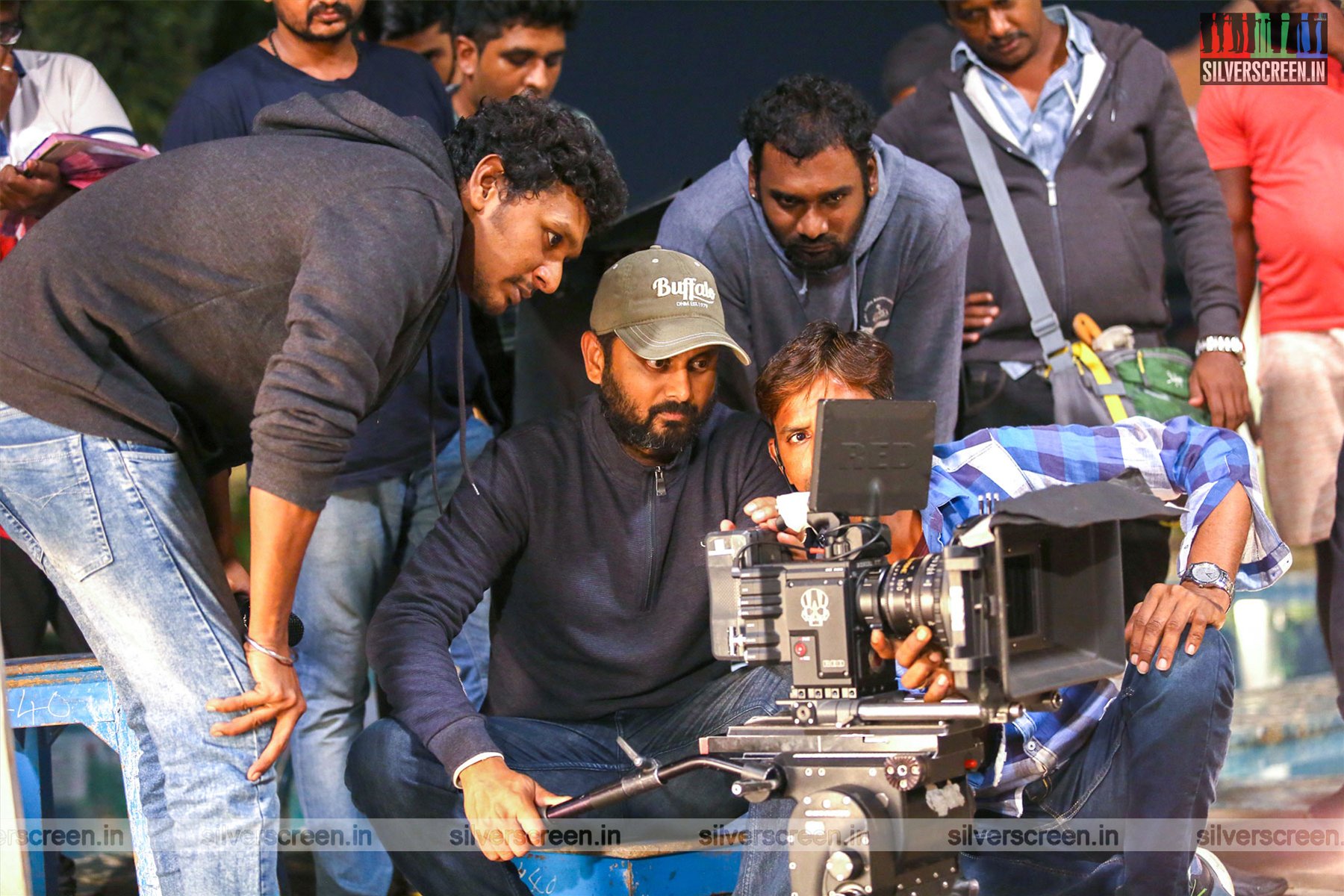
When he finally narrates how Kaithi was locked, one can’t help but smile. “One day, we were having lunch at my office in Valasaravakkam when a two-line headline revealed itself from the Tamizh newspaper we had spread our meal on. It was a small story, but the minute I read it, I smiled. I immediately narrated it to my team and the editor, and they loved it. When Karthi sir came on board, the project automatically became way bigger than envisioned.”
One thing people noticed about Maanagaram was how even the smallest of characters had something substantial to contribute to the end film. “I believe in doing justice to everyone whose call sheet I ask for. Actors don’t merely work for a salary; they give their heart and soul to a project. They are excited about a role, however small it is, and it is unfair to remove it at the edit table. Which is why I like to take time for pre-production. I understand how terrible they will feel to work and not see themselves on screen. In fact, during dubbing for Maanagaram, a supporting actor was surprised that he was actually called to dub and that his performance had survived the edit. We won’t think of removing scenes featuring the lead actor, because they can question us. So, what gives us the authority to remove scenes of people who can’t question. I won’t say this is how people should work, but this is how I work!”
A lot has been spoken about Kaithi, and why it’s special. Ask Lokesh what is the one overwhelming emotion in the film, and he says there are two — a father’s love, and that rare bond between two strangers {something as lasting yet fleeting as rayilsneham — affection en route a train journey}. “I’ve always admired this in films such as Inaindha Kaigal, Anbe Sivam… I’m not comparing my characters to them, but I’ve wanted to create something on those lines. Kaithi features that kind of bond between Narain and Karthi. I wanted to see how ordinary people react in extraordinary circumstances,” he says.
Will the world see a very different Lokesh in the Vijay project? The director ponders before giving an answer. “I’ve always wanted to collaborate in writing. I feel it lends certain objectivity to the script. I felt I needed another hand for Vijay 64, and my dear friend Rathna Kumar {of Meyaadha Maan and Aadai fame}, a huge Vijay fan, offered to come on board {he’s doing the additional screenplay}. I had just 90 days to complete the final draft, and I felt he would be a great addition because we feel the same, yet approach the issue differently. I’m looking forward to it.”
His second film, first Deepavali release… what’s going on in Lokesh’s mind? “A feeling of responsibility. I’m taking it as it comes, but I will be relieved once I hand over the film to Prabhu Sir after final mixing. He’s good at what he does. Then on, he will take over,” says Lokesh.
And so, a director whose earliest memory of Deepavali movie fever is when he, all of five, waited to watch Thalapathi and Guna — starring Rajinikanth and Kamal Haasan — in 1991, will sit among an audience 28 years later, and observe them watching a festival release he’s made. Incidentally, his next hero, Vijay, has Bigil for this Deepavali, and Lokesh is happy film-lovers will remember October 25 for long.
